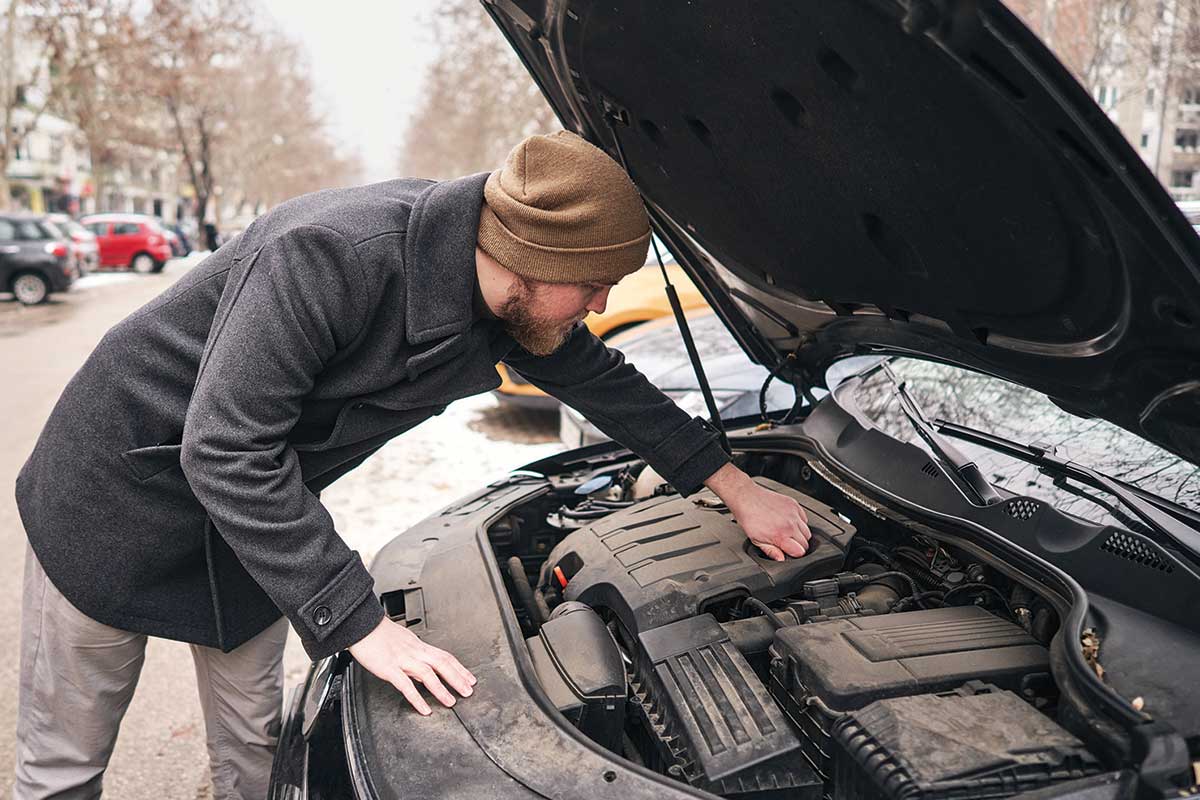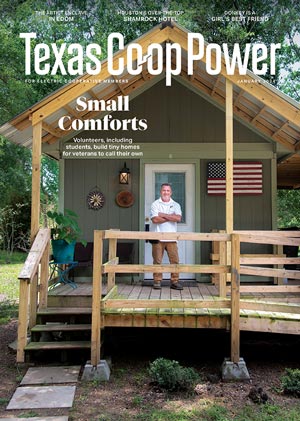We all know how unpredictable winter weather can be in Texas. Ice, winds and flooding all have the potential to strand you on the road or at home, possibly without power. Despite the reputation that “preppers” might have earned for their zeal about getting ready for emergencies, preparedness is essential for ensuring your safety this season.
Prepare at Home
Make a family communications plan. Your family might not be together when disaster strikes, so it’s important to know how you’ll stay in touch, how you’ll get back together and what you’ll do in case of an emergency. Don’t rely on cellphones because networks could go down.
Get a battery-powered emergency weather radio to receive broadcast alerts and warnings directly from the National Weather Service.
Keep a three-day supply of nonperishable foods and drinking water in storage. Consider having a way to heat water that does not require electricity. Camping gear can be a solution for cooking during power outage emergencies.
Download smartphone apps (available from the Federal Emergency Management Agency and the American Red Cross) that provide emergency notifications and information about finding shelter, providing first aid and seeking recovery assistance.
Clear rain gutters, repair roof leaks and cut away tree branches that could fall on your home in high winds.
Insulate pipes and allow faucets to drip during cold weather to avoid freezing pipes. Locate your home’s water valve and learn how to shut it off, just in case a pipe bursts.
Keep fire extinguishers handy, especially if alternate heating sources are in use, and make sure everyone in your house knows how to use them.
Maintain a supply of heating fuel sufficient to last several days. You could become isolated in your home, and regular fuel sources might be unavailable.
Store dry, seasoned wood for your fireplace or wood-burning stove. Vent all fuel-burning equipment to the outside, and keep the vent clear. Extend the life of your fuel supply by better insulating walls and attics, caulking and weatherstripping around doors and windows, and covering windowpanes with plastic.
Bring pets and companion animals inside during winter weather. Move other animals or livestock to sheltered areas with nonfrozen drinking water.
Winterize Your Vehicle
Check (or have a mechanic check) the following items on your car:
Antifreeze levels. Ensure that they’re sufficient to avoid freezing.
Battery and ignition system. Make sure they’re in top condition and that battery terminals are clean. Brakes. Check for wear and fluid levels.
Exhaust system. Look for leaks and crimped pipes, and repair or replace as necessary. Carbon monoxide poisoning is deadly and happens with little warning.
Fuel and air filters. Replace regularly. Keep water out of the system by using additives and maintaining a full tank of gas, which will keep the fuel line from freezing.
Heater and defroster. Ensure that they work properly.
Lights. Check all bulbs.
Oil. Check for level and weight. Heavier oils congeal at lower temperatures and don’t lubricate as well.
Windshield wiper equipment. Repair any problems and maintain proper washer fluid level.
Tires. Make sure there’s adequate tread or install winter tires. All-weather radials are usually adequate for most winter conditions.


